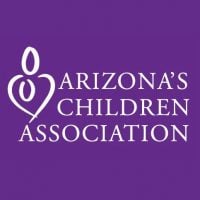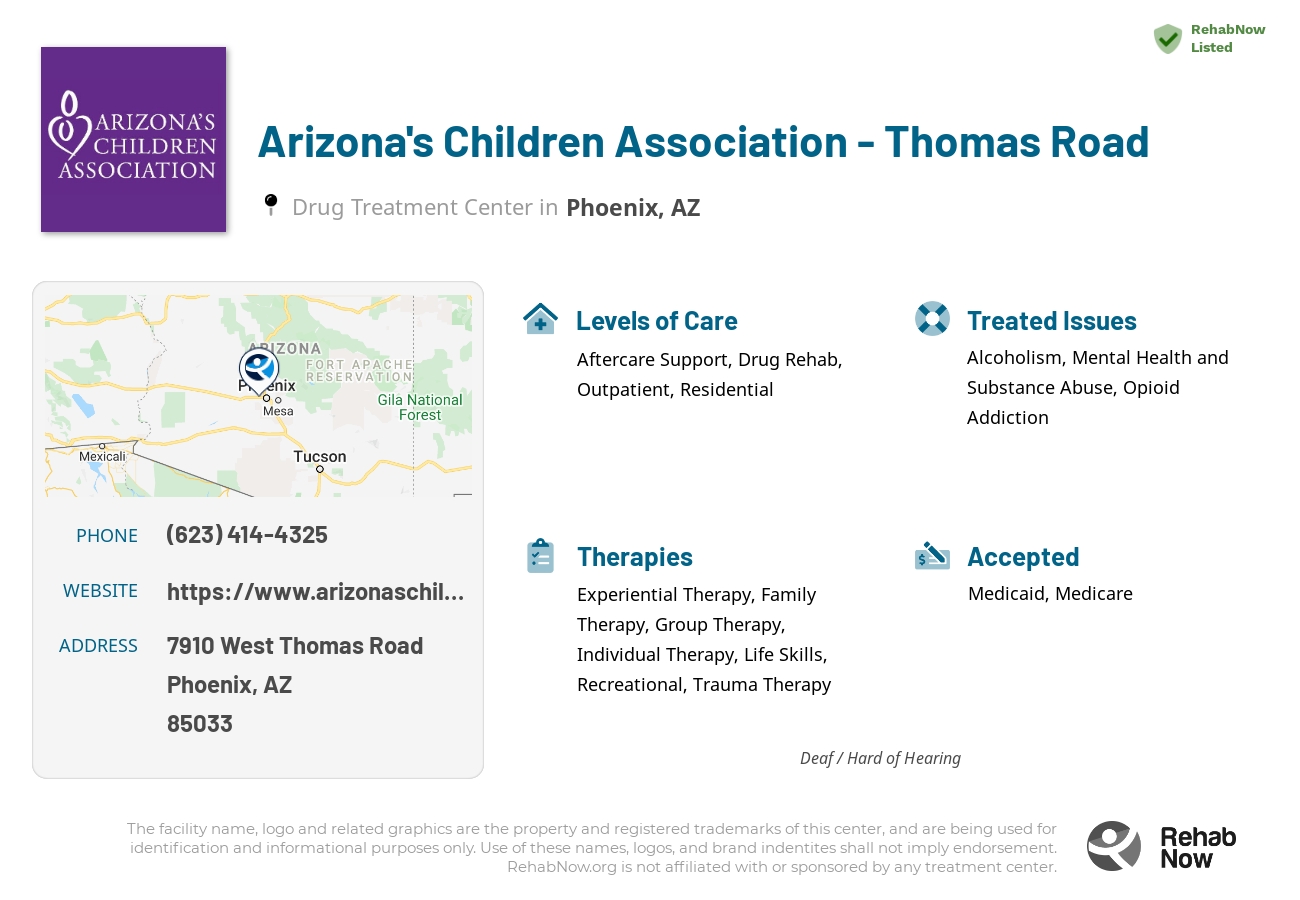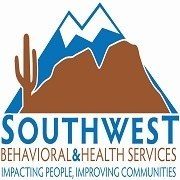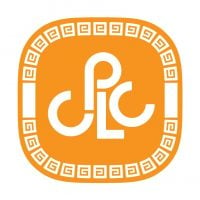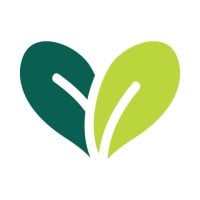Arizona's Children Association - Thomas Road
Drug Rehab Center in Phoenix, Arizona
Arizona's Children Association Thomas Road offers addiction and dual diagnosis treatment to individuals in Phoenix, with specialized treatment in opioid and drug addiction, alcoholism, and trauma-related treatments using evidence-based services and therapies to promote long-term recovery through a variety of levels of care including aftercare support, outpatient, and residential.
About Arizona's Children Association - Thomas Road in Arizona
At Arizona’s Children Association - Thomas Road in Phoenix, AZ, individuals seeking to overcome addiction and mental health challenges will find a comprehensive suite of services designed for all ages. This facility stands out for its dual diagnosis treatment capabilities, incorporating a holistic approach with options for both residential and outpatient care. With a focus on creating a tailored treatment plan, Arizona's Children Association - Thomas Road is committed to supporting each individual's journey to sobriety and mental wellness.
- Dual Diagnosis Treatment: Tailored care for individuals suffering from both addiction and co-occurring mental health disorders.
- Comprehensive Care Levels: Offering both intensive residential treatment and flexible outpatient services to meet diverse needs.
- Insurance Coverage: Accepts most insurance plans, ensuring a wide range of people have access to their critical services.
Arizona's Children Association - Thomas Road is recognized for its high-quality care through state licensure, ensuring that clients receive accredited, evidence-based treatment. Their programs are family-focused, culturally sensitive, and designed to support individuals and their families through challenging times by providing a continuum of care that addresses both substance use and mental health.
Services here cover treatment for a variety of addictions, including alcohol and opioid dependence, along with programs specially designed for individuals with dual diagnoses. Using a blend of therapy options such as Cognitive Behavioral Therapy (CBT) and Dialectical Behavioral Therapy (DBT), alongside holistic treatments like yoga and mindfulness, the center offers a comprehensive approach to recovery across different levels of care.
Genders
Ages
Modality
Additional
Accreditations
State License
Conditions and Issues Treated
With so many people addicted to opioids, we need to help those who want to quit. The cycle begins when opioid addicts take opioids for a painful injury. When someone starts taking their medication differently or in excess, it means they’re addicted and at risk of overdosing.
In , detoxing from these types of treatments is the most effective way to beat this. Most facilities begin with medical assistance and then provide counseling services; rehabilitation follows after successful treatment.
Levels of Care Offered
This center offers a variety of custom treatment tailored to individual recovery. Currently available are Aftercare Support, Drug Rehab, Outpatient, Residential, with additional therapies available as listed below.
Alcohol or drug addiction, or co-occurring disorders, are treated in an outpatient program. The patient must attend therapy and other programs at the facility but can return home each night.
Outpatient treatment allows recovering addicts to live at home while receiving addiction treatment. Outpatients can attend group sessions for a few hours per week. Outpatients may also continue to work full time and study/attend school without interruption if they choose.
Residential treatment programs are those that offer housing and meals in addition to substance abuse treatment. Rehab facilities that offer residential treatment allow patients to focus solely on recovery, in an environment totally separate from their lives. Some rehab centers specialize in short-term residential treatment (a few days to a week or two), while others solely provide treatment on a long-term basis (several weeks to months). Some offer both, and tailor treatment to the patient’s individual requirements.
The accomplishment of completing a drug or alcohol treatment program is just the first step. Once that is complete, aftercare support comes into play. This includes helping people adjust to life without substances outside of guidelines with assistance like getting sober living accommodations and career counseling and AA/NA programs for those who are struggling between sobriety or want continued help in maintaining it once they have completed their initial rehabilitation at an addiction facility.
Aftercare comprises services that help recovering addicts readjust to normal day-to-day activities while working on specific issues. These problems include psychiatric issues, family problems caused by substance abuse, continuing education pursuits if desired during rehab, etc. These can last up to one year+ depending on what’s needed most urgently upon completion of earlier stages.
Therapies & Programs
Different people react differently to various treatment options. Some drug rehabilitation centers offer individualized treatment that caters to the specific needs of a drug addict. The best treatment option varies on an individual depending on the type of drug abused, life history, medical condition of the person, social circumstances, and the environment they live in now.
When a person enters drug rehab, they usually have anti-drug associations such as withdrawal symptoms, stress, cravings, etc. The first step of drug rehab is to detoxify the body from any residual substances in it. Drug rehabilitation centers usually employ trained medical professionals to help in this process. Usually, the initial detoxification lasts for five days, where the person is monitored under close supervision.
Family therapy sessions typically involve the addict and their family members. During these sessions, a therapist will work with everyone involved to help them understand addiction and find healthy ways of coping without substance abuse.
Some addicts might feel embarrassed about their substance abuse problems. By encouraging family members to attend these sessions, therapists can show addicts that they’re not alone in dealing with addiction. Therapists can also work with family members to help them understand addiction and learn how to offer support and encouragement to their loved one as they deal with substance abuse issues.
Attending group therapy at Arizona's Children Association - Thomas Road in , is a useful way for those seeking sobriety to realize they aren’t the only one going through it.
This is when a group of people on different recovery phases get together and talk about what they’re going through, their triggers, successes, and failures. This can include alternative types of therapies too! Group therapy may occur on an outpatient or inpatient basis with groups that have no pre-existing relationships outside the session, unlike support groups where everyone already knows each other beforehand.
Trauma therapy is a form of therapy used to help people process and understand past traumas. This can help struggling addicts, as many people turn to drugs or alcohol to mask the pain of their past. Trauma therapy can be done in several ways, such as through visualization, discussion, and writing down thoughts and feelings. The goal is to help the individual understand why they are having problems coping with certain situations and changing how they think and react to things. This is often done in tandem with other therapies to treat the underlying issues associated with addiction.
The idea behind trauma therapy is that while some people can experience traumatic events and not have lasting psychiatric symptoms, many others will. In these cases, memories get hidden from consciousness but continue to influence how the person processes and copes with things in their life. They may avoid situations that resemble what happened or become suddenly angry or irritated to a situation that reminds them of a past event. With the help of a therapist, people can go back over memories and experiences. This helps them understand why they are having problems coping with certain situations and changing how they think and react to things.
Life Skills Services offered at Drug Treatment Centers assists addicts in their recovery by teaching them healthy coping mechanisms that will aid them in becoming sober, focussing on helping people enter into, and maintaining long-term sobriety. Drug Treatment Centers provide Life Skills Services at varying levels of intensity, specific to the needs and requirements of each patient.
Life Skills Services offered at Drug Treatment Centers assists addicts in their recovery by teaching them healthy coping mechanisms that will aid them in becoming sober, focussing on helping people enter into, and maintaining long-term sobriety. Arizona's Children Association - Thomas Road in Phoenix, Arizona provide Life Skills Services at varying levels of intensity, specific to the needs and requirements of each patient.The benefits of Life Skills Services offered at Drug Treatment Centers:
- Restores hope and empowerment — Helps addicts believe that recovery is possible and instills a new confidence in their ability to achieve a positive, drug-free future
- Enhances family involvement — Encourages families to get involved in the recovery process and supports their understanding and encouragement of healthy behavior.
- Increases patient’s compliance — Helps patients take responsibility for and ownership of their recovery and encourages continued progress
- Reduces relapse rates — Encourages long-term abstinence and emphasizes the importance of establishing sober support systems.
Patient Experience
Experiential Therapy at Arizona's Children Association - Thomas Road
Experiential therapy is a type of therapeutic approach that focuses on having patients work through problems, issues, or emotions by engaging directly in some real experience. It occurs face-to-face with a therapist who helps these people to explore their feelings first hand. The hope is that when this happens, the patient will feel driven to turn away from their destructive behavior and instead take up positive behaviors or coping mechanisms. Direct experience methods, role play, psychodrama, interpersonal and social learning are a few different forms of experiential therapy.
Payment Options Accepted
For specific insurance or payment methods please contact us.
Arizona’s Children Association Associated Centers
Discover treatment facilities under the same provider.
- Arizona's Children Association - Buckeye in Buckeye, AZ
- Arizona's Children Association - Yuma in Yuma, AZ
- Arizona's Children Association - Surprise in Surprise, AZ
- Arizona's Children Association - Flagstaff in Flagstaff, AZ
- Arizona's Children Association - Apache Junction in Apache Junction, AZ
Learn More About Arizona’s Children Association Centers
Additional Details
Specifics, location, and helpful extra information.
Phoenix, Arizona 85033 Phone Number(623) 414-4325 Meta DetailsUpdated April 15, 2024
Staff Verified
Arizona's Children Association - Thomas Road Patient Reviews
There are no reviews yet. Be the first one to write one.
Phoenix, Arizona Addiction Information
Arizona has some of the highest rates of prescription drug abuse in the United States. Methamphetamines, heroin and morphine are among the most commonly abused substances. Prescription pain relievers were prescribed to 348 million people in 2012, enough to medicate every adult in Arizona for 2 full weeks. The number of people with substance use disorders in Arizona has remained relatively constant over the past few years.
In 2012, over 246,000 people were living in Phoenix dependent on or abusing drugs. This amounted to 10.8% of the city's population. In 2016, over 1,000 emergency room visits related to heroin and over 2,500 for cocaine. These numbers are only going up. There are many different rehabilitation facilities in the city and some 12-step meetings and support groups available for help.
Treatment in Nearby Cities
- Buckeye, AZ (21.9 mi.)
- Phoenix, AZ (9.1 mi.)
- Surprise, AZ (13.1 mi.)
- Safford, AZ (152.6 mi.)
- Gilbert, AZ (26.8 mi.)
Centers near Arizona's Children Association - Thomas Road
The facility name, logo and brand are the property and registered trademarks of Arizona's Children Association - Thomas Road, and are being used for identification and informational purposes only. Use of these names, logos and brands shall not imply endorsement. RehabNow.org is not affiliated with or sponsored by Arizona's Children Association - Thomas Road.
